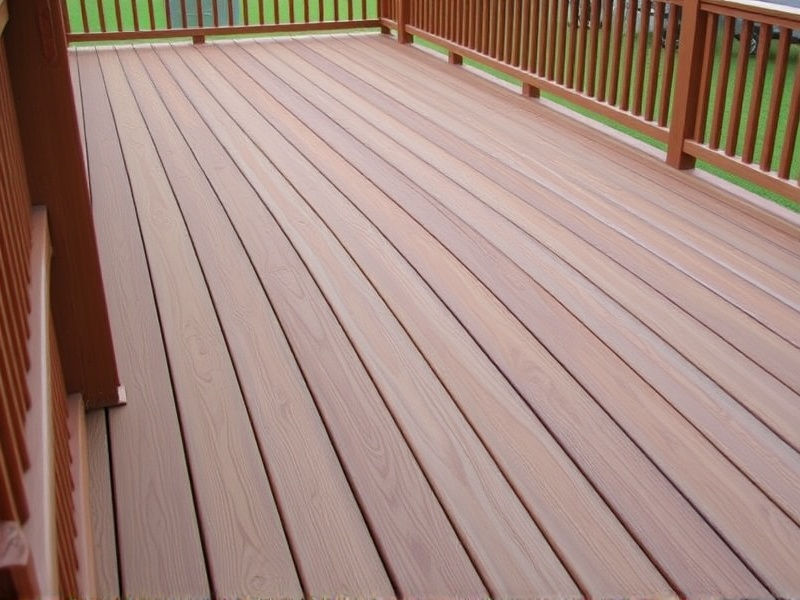Our Location
304 North Cardinal St.
Dorchester Center, MA 02124
Compare traditional wood decks to composite ones, highlighting key advantages like resistance to rot, insects, and moisture, making them a long-lasting option.

In recent years, composite decking has emerged as a popular alternative to traditional wood decking. This article delves into why you might consider using composite decking by comparing its key features with those of traditional wood. The focus will be on durability, maintenance needs, resistance to environmental factors, and overall lifespan. Understanding these aspects can help homeowners make an informed decision about which material is best suited for their deck-building project.
One of the primary reasons to choose composite decking over traditional wood is its superior durability. Composite materials are engineered to withstand harsh weather conditions and resist damage from insects and moisture better than natural wood. According to a study by the University of Missouri, composite materials have shown significantly higher resistance to decay compared to wood (University of Missouri, 2020). This durability means less frequent replacement and repair, making composite decking a more cost-effective long-term investment.
Maintenance is another area where composite decking excels. Unlike wood, which requires regular sealing and staining to protect against the elements, composite decking typically only needs occasional cleaning with soap and water. This reduced maintenance requirement not only saves time but also reduces the need for chemical treatments that can harm the environment. The ease of upkeep makes composite decking particularly appealing for busy homeowners or those looking for an eco-friendlier option.
Composite decking’s resistance to environmental factors such as UV rays, moisture, and temperature fluctuations is another significant advantage. Traditional wood decks can warp, crack, or rot when exposed to excessive moisture or sunlight, whereas composite materials are designed to maintain their integrity under these conditions. Research conducted by the Composite Panel Association indicates that composite materials can retain their color and shape much longer than wood, even in extreme climates (Composite Panel Association, 2019).
When considering the overall lifespan of a deck, composite materials often outlast their wooden counterparts. While traditional wood decks may require significant repairs or replacements every 10-15 years, composite decks can last up to 25-30 years with proper care. This extended lifespan contributes to both economic savings and environmental benefits by reducing waste and the demand for new materials.
Choosing composite decking over traditional wood offers numerous advantages, including enhanced durability, lower maintenance requirements, superior resistance to environmental factors, and a longer lifespan. These benefits make composite decking a compelling choice for homeowners seeking a low-maintenance, sustainable, and aesthetically pleasing outdoor living space. As the demand for environmentally friendly building materials continues to grow, composite decking stands out as a smart and stylish option for modern deck construction.
Understanding Composite Decking Materials – University of Missouri
Composite Panel Association